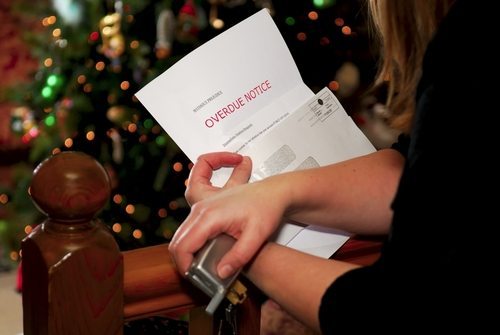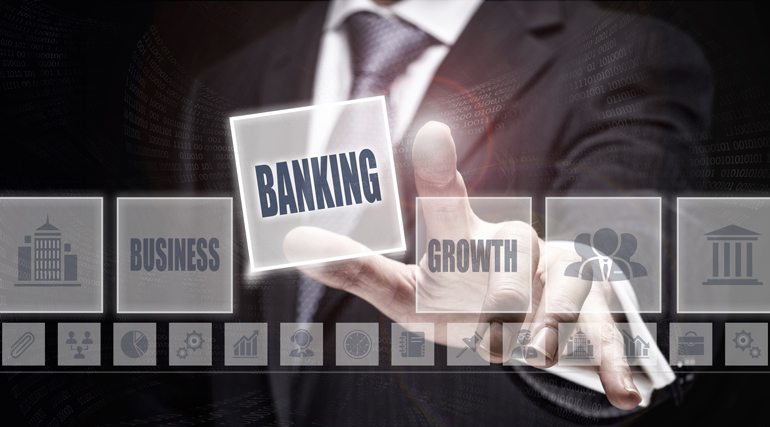Government officials from around the globe have been on a torrid path of digitization throughout the past several years, notably in the areas of operational management that are best-suited to Web-based services. One example is the Cloud First Policy, which was launched back in 2009 by then Federal CIO Vivek Kundra and other members of the Obama administration and called upon all departments and agencies to begin migrating systems to the cloud.
With more operations shifting toward the digital landscape, it appears as though governments might have more opportunities to use automation software for a wider breadth of tasks than ever before, and some analysts believe this overhaul should begin accelerating soon. After all, governments have had to deal with significant levels of waste and budgetary restraints in the wake of the global recession, and new technologies can help bolster efficiency while reducing overhead.
The U.S. government has already launched certain strategies to digitize core functions such as Social Security and tax filings, but has not appeared to begin using e-invoicing solutions, while the public sector in the United Kingdom has also lagged behind. Two new stories dove into the potential benefits each of these governments could likely expect to enjoy following an overhaul of invoicing procedures into more electronic and automated environments.
Wealth of benefits
Christian Lanng, writing for InformationWeek, recently asserted that the U.S. government might be in a good position to begin taking a leadership role in e-invoicing overhauls for itself and the private sector. According to the author, research indicates that it takes less than one-fifth of the time to process invoices when using e-invoicing solutions, reducing from 17 days to three in one fell swoop.
Obviously, the cost reduction that would be associated with cracks in the invoice processing chain would be significant, while working capital and money flow would be dramatically improved. Lanng cited one study that found an estimated $1.2 trillion are out for invoicing between enterprises each day, on average, and any types of past due situations can quickly hinder the efficiency of accounting and hurt cash flow.
Lanng also pointed out that many nations in the European Union have already started to demand that businesses use e-invoicing solutions when dealing with government transactions, and these countries use the electronic tools for processing among themselves as well. The United States, however, has not yet begun to get its feet wet in this arena, and Lanng affirmed that it should.
As evidence that it could be helpful, he noted that private sectors in Europe that have followed in the footsteps of the government initiatives expect to enjoy more than $2 billion in annual cost reductions associated with the relevant procedures.
Expansion potential in UK
Simon Murphy, the acting Director of Finance and Accounting for the United Kingdom's National Health Service, recently wrote a story for The Information Daily in which he explained why e-invoicing should be a priority in the nation's health care agencies. He stated that a recent move by his administration that involved an e-invoicing deployment effectively reduced paper documents by 30,000 each day, which has come with direct financial benefits to the agency and its clientele.
In what has become one of the core benefits of automated and electronic replacements to traditional functions, Murphy stated that this system allowed the NHS to begin diverting budget toward more strategic and patient care-centric advances.
Regardless of which industry an organization might compete in, e-invoicing tools, as well as document imaging and other automation solutions, can significantly reduce administrative costs and drive engagement in the accounting department.






